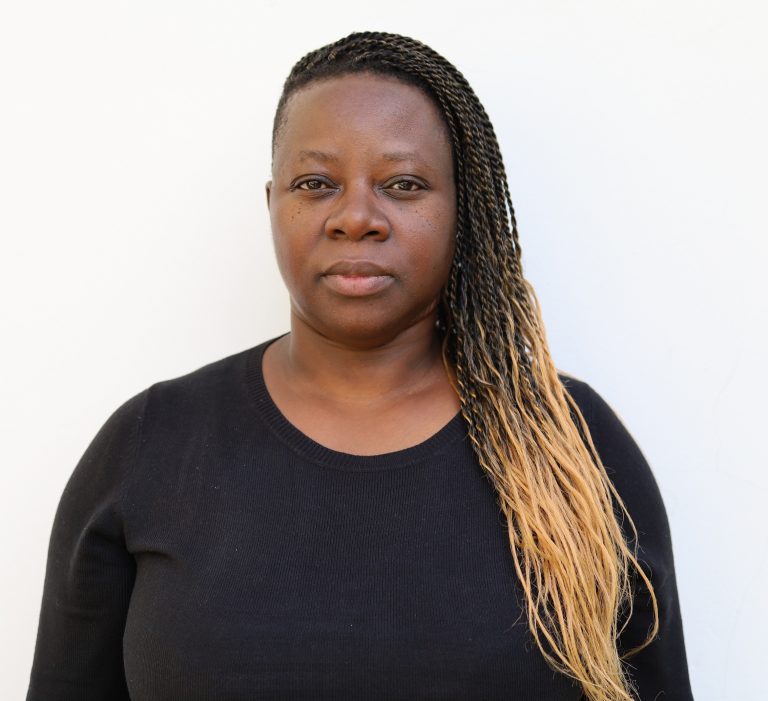THE Muchemwa girls — Fadzai, Theresa and Elizabeth — are the perfect affirmation of the proverbial saying ‘the apple never falls far from the tree.’
Just like their father Professor Kizito Zhiradzago Muchemwa, the award-winning poet who edited the anthology: Zimbabwean Poetry in English (1978), the gifted trio is making waves in various genres across Zimbabwe’s arts scene.
The eldest of the trio,Fadzai Veronica, made history in February this year after she became the first female curator for contemporary art at the National Gallery of Zimbabwe (NGZ) since it was established in July in 1957. She also doubles up as the NGZ deputy director.
Fadzai’s younger sisters, Theresa and Elizatheth, have made a mark in film making, theatre and poetry. The two, who are both playwrights and directors, recently formed an arts company called Vaviri Creative. In February this year, Vaviri Creative won the National Arts Merit Awards (Nama) for Outstanding Theatre Production.
Fadzai attributes her success, which gave rise to the historic appointment, to support from family members and fellow professionals.
“The support from my family has been key. It is also important to surround yourself with people who will support you, who will challenge you to be the best version of yourself and for whom you can also extend the same generosity,” she told the Daily News on Sunday.
Though she comes from a family of artists, her decision to make a living from her creative talents did not initially win the blessings of her parents.
“My father, a professor at Great Zimbabwe University, is a popular poet. Apart from editing the 1978 anthology of Zimbabwean poetry in English, he also co-edited ‘Manning the Nation: Father Figures in Zimbabwean Literature and Society (2007).’
“Even though he is an artist himself, he did not initially support my career choice. My first challenge, therefore, was resistance from family as being an emerging artist was the most unpredictable, unreliable and least paying endeavour one could take,” she said.
Elizabeth, the youngest of the three sisters, who is widely known as Zaza, has not been surprised by the impact her family is making on Zimbabwe’s arts scene.
The associate artistic director at Almasi Collaborative Arts and chairperson of Zimbabwe Centre of International Theatre Institute believes the arts flow in her family’s blood line.
“We are descendants of Madzana, a celebrated dancer and mbira player from 19th century Zimbabwe. We also come from a long line of creative women — Mbuya vaVene, Mbuya vaVeronica, Mbuya VaMari, Mbuya vaMasiziba who taught us to express ourselves eloquently through craft making, song and storytelling. So the arts are in our blood.
“The arts have always been a lifestyle choice for me and my family. Our parents made a concerted effort to raise us in a household where we were exposed to music, books, novels and movies from all over the world. They also took us to live performances where we were electrified by seeing people like us on stage telling stories that were close to our hearts. One of the most memorable performances we attended as a family was that of Paul Matavire and the Jairos Jiri Band,” said Zaza.
Though Zaza is happy with the success she and her sisters are achieving, she believes many female artistes are being held back by a variety of impediments.
“It is always tough for women to make it big in any sector of the economy. Personally, I encountered a lot of challenges on my way up the ladder. Getting into the actual work was tougher as most shows were held at night and there was a lot of self-censorship from fear of repressive laws and their application,” said Zaza.
“The main challenges are driven by having few women in positions of power. There are not enough structures in place to protect the artist from exploitation. I spent a long time doing work, performing for exposure, and not being able to translate all of that into value. There is a misconception of women artists.”

